
Never has a single issue caused the level of anxiety, stress, worry and concern across the entire globe: COVID-19. Every person, every business, every industry in every country is affected. UK fenestration is facing a challenge unlike anything else it has ever encountered.
No one has lived through what is unfolding, so whilst calm and preparedness is key, its easy to become concerned and worried about the situation. As we chart a new course in our lives and indeed fenestration businesses, I will try and provide a useful commentary of the things that are important to our industry. Some of it will be opinion, and will be marked as such. Some of it will be data and information. It will be the latest government guidelines.
It will also be the good news as well. There’s going to be plenty of sober news out there, but where there is good news, new opportunities and positivity, I will try and bring that to you as well.
Good luck to all, be well, be safe and be kind to each other.
Blog
Latest UK Government Advice
COVID-19: Social Distancing
COVID-19: guidance on social distancing and for vulnerable people
COVID-19: Staying At Home
COVID-19: guidance for households with possible coronavirus infection
COVID-19: NHS Information
COVID-19 is a new illness that can affect your lungs and airways.
COVID-19: Government Guidance For Employees
If you have symptoms of coronavirus infection (COVID-19), however mild, stay at home and do not leave your house for 7 days from when your symptoms started.
If you live with others and you are the first in the household to have symptoms of coronavirus, then you must stay at home for 7 days, but all other household members who remain well must stay at home and not leave the house for 14 days. The 14-day period starts from the day when the first person in the house became ill.
You can get £94.25 per week Statutory Sick Pay (SSP) if you’re too ill to work. It’s paid by your employer for up to 28 weeks.
If you are staying at home because of COVID-19 you can now claim SSP. This includes individuals who are caring for people in the same household and therefore have been advised to do a household quarantine.
To check your sick pay entitlement, you should talk to your employer, and visit the Statutory Sick Pay (SSP) page for more information.
If your employer cannot cover staff costs due to COVID-19, they may be able to access support to continue paying part of your wage, to avoid redundancies.
If your employer intends to access the Coronavirus Job Retention Scheme, they will discuss with you becoming classified as a furloughed worker. This would mean that you are kept on your employer’s payroll, rather than being laid off.
To qualify for this scheme, you should not undertake work for them while you are furloughed. This will allow your employer to claim a grant of up to 80% of your wage for all employment costs, up to a cap of £2,500 per month.
You will remain employed while furloughed. Your employer could choose to fund the differences between this payment and your salary, but does not have to.
If your salary is reduced as a result of these changes, you may be eligible for support through the welfare system, including Universal Credit.
We intend for the Coronavirus Job Retention Scheme to run for at least 3 months from 1 March 2020, but will extend if necessary.
Whether you are currently in or out of work, if you are on a low income and affected by the economic impacts of COVID-19, you will be able to access the full range of the welfare system, including Universal Credit.
From 6 April we are increasing the standard allowance in Universal Credit and the basic element in Working Tax Credit for 1 year. Both will increase by £20 per week on top of planned annual uprating. This will apply to all new and existing Universal Credit claimants and to existing Working Tax Credit claimants.
COVID-19: Government Support For Businesses
The Coronavirus Job Retention Scheme is a temporary scheme open to all UK employers for at least 3 months starting from 1 March 2020. It is designed to support employers whose operations have been severely affected by coronavirus (COVID-19).
Employers can claim for 80% of furloughed employees’ (employees on a leave of absence) usual monthly wage costs, up to £2,500 a month, plus the associated Employer National Insurance contributions and minimum automatic enrolment employer pension contributions on that wage. Employers can use this scheme anytime during this period.
Government will support businesses by deferring Valued Added Tax (VAT) payments for 3 months.
If you’re a UK VAT registered business and have a VAT payment due between 20 March 2020 and 30 June 2020, you have the option to:
- defer the payment until a later date
- pay the VAT due as normal
If you’re due to pay a self-assessment payment on account by 31 July 2020 but the impact of the coronavirus causes you difficulty in making payment by that date, then you may defer payment until January 2021.
The Self-employment Income Support Scheme (SEISS) will support self-employed individuals (including members of partnerships) who have lost income due to coronavirus (COVID-19).
This scheme will allow you to claim a taxable grant worth 80% of your trading profits up to a maximum of £2,500 per month for the next 3 months. This may be extended if needed.
Claim a grant through the Self-employment Income Support Scheme.
We will introduce a business rates holiday for retail, hospitality and leisure businesses in England for the 2020 to 2021 tax year.
Eligibility
You are eligible for the business rates holiday if:
- your business is based in England
- your business is in the retail, hospitality and/or leisure sector
Properties that will benefit from the relief will be occupied properties that are wholly or mainly being used:
- as shops, restaurants, cafes, drinking establishments, cinemas and live music venues
- for assembly and leisure
- for hospitality, as hotels, guest & boarding premises or self-catering accommodation
More information on eligibility is set out in the expanded retail discount guidance.
The Retail and Hospitality Grant Scheme provides businesses in the retail, hospitality and leisure sectors with a cash grant of up to £25,000 per property.
Businesses in these sectors with a property that has a rateable value of up to £15,000 may be eligible for a grant of £10,000.
Businesses in these sectors with a property that has a rateable value of over £15,000 and less than £51,000 may be eligible for a grant of £25,000.
The government will provide additional Small Business Grant Scheme funding for local authorities to support small businesses that already pay little or no business rates because of small business rate relief (SBRR), rural rate relief (RRR) and tapered relief. This will provide a one-off grant of £10,000 to eligible businesses to help meet their ongoing business costs.
The temporary Coronavirus Business Interruption Loan Scheme supports SMEs with access to loans, overdrafts, invoice finance and asset finance of up to £5 million and for up to 6 years.
The government will also make a Business Interruption Payment to cover the first 12 months of interest payments and any lender-levied fees, so smaller businesses will benefit from no upfront costs and lower initial repayments.
The government will provide lenders with a guarantee of 80% on each loan (subject to pre-lender cap on claims) to give lenders further confidence in continuing to provide finance to SMEs. The scheme will be delivered through commercial lenders, backed by the government-owned British Business Bank.
There are 40 accredited lenders able to offer the scheme, including all the major banks.
Protecting your mental health
The coronavirus pandemic is causing major spikes in anxiety for millions of people across the country. In this time of national effort, and with the sacrifices we’re being asked to make, its important we take care of our mental health. If you’re struggling, or are feeling anxious about the whole situation, please click the button below to go to the excellent Mental Health Foundation and find out how to cope better with self-isolation and social distancing.










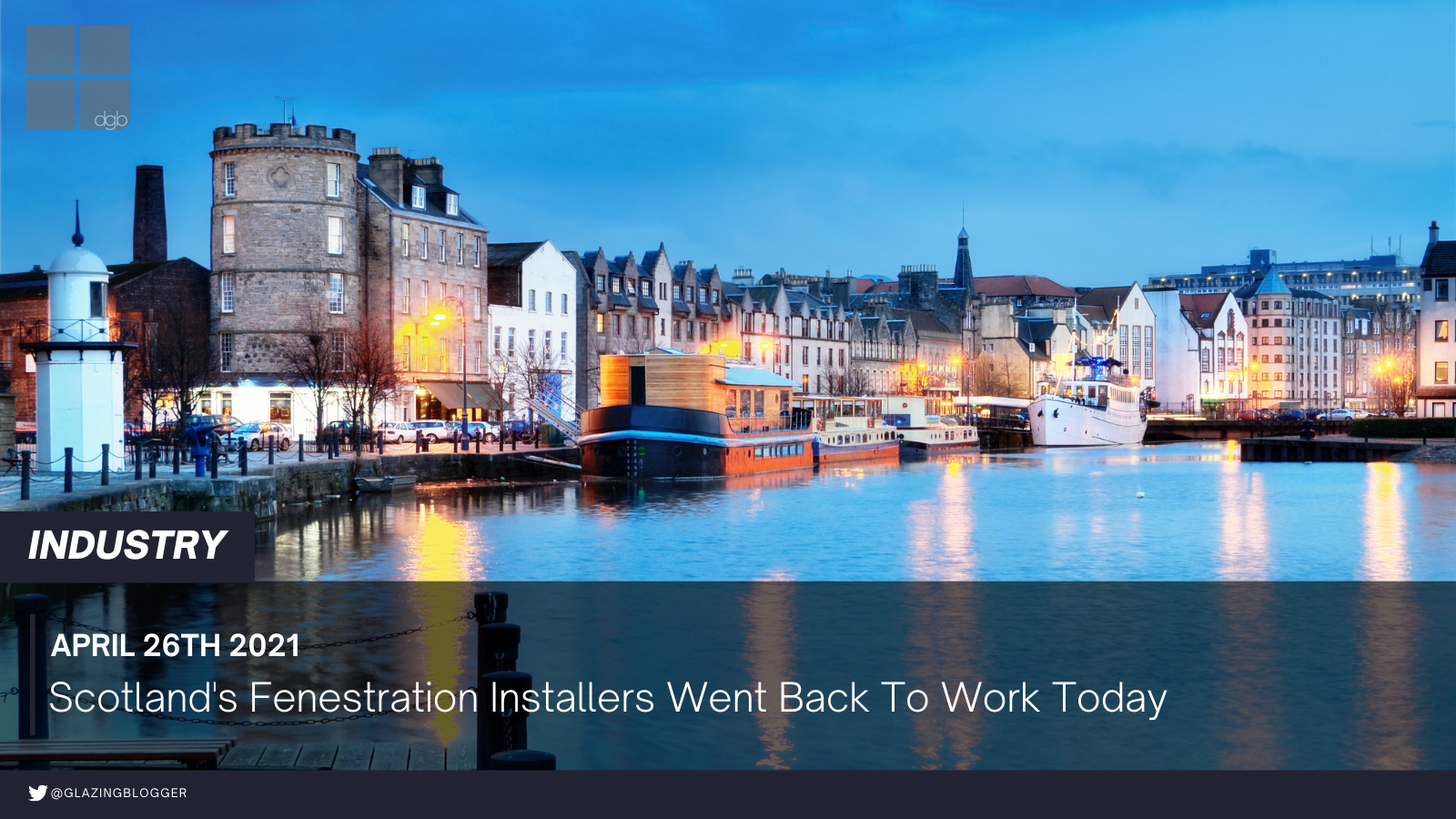
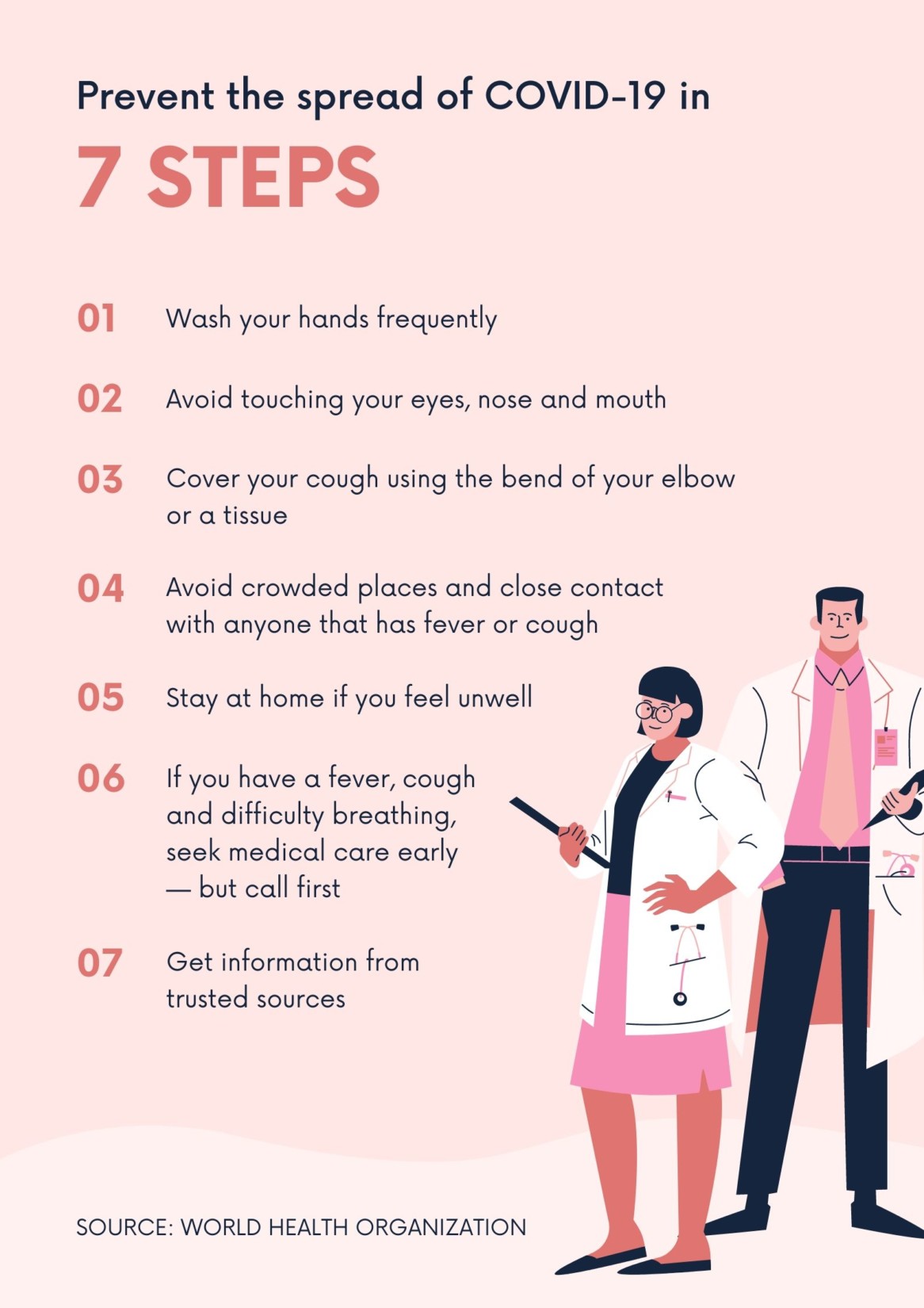
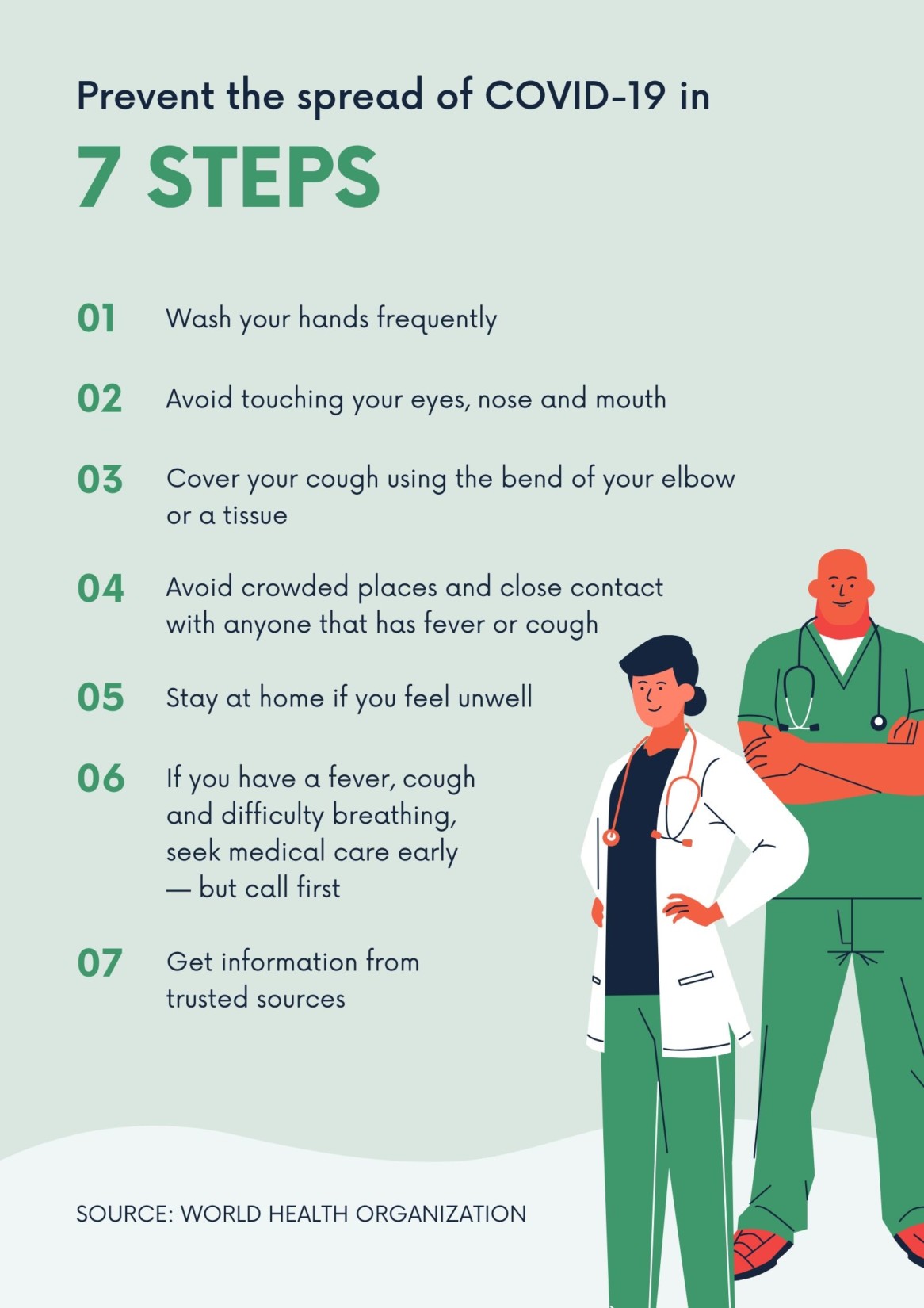
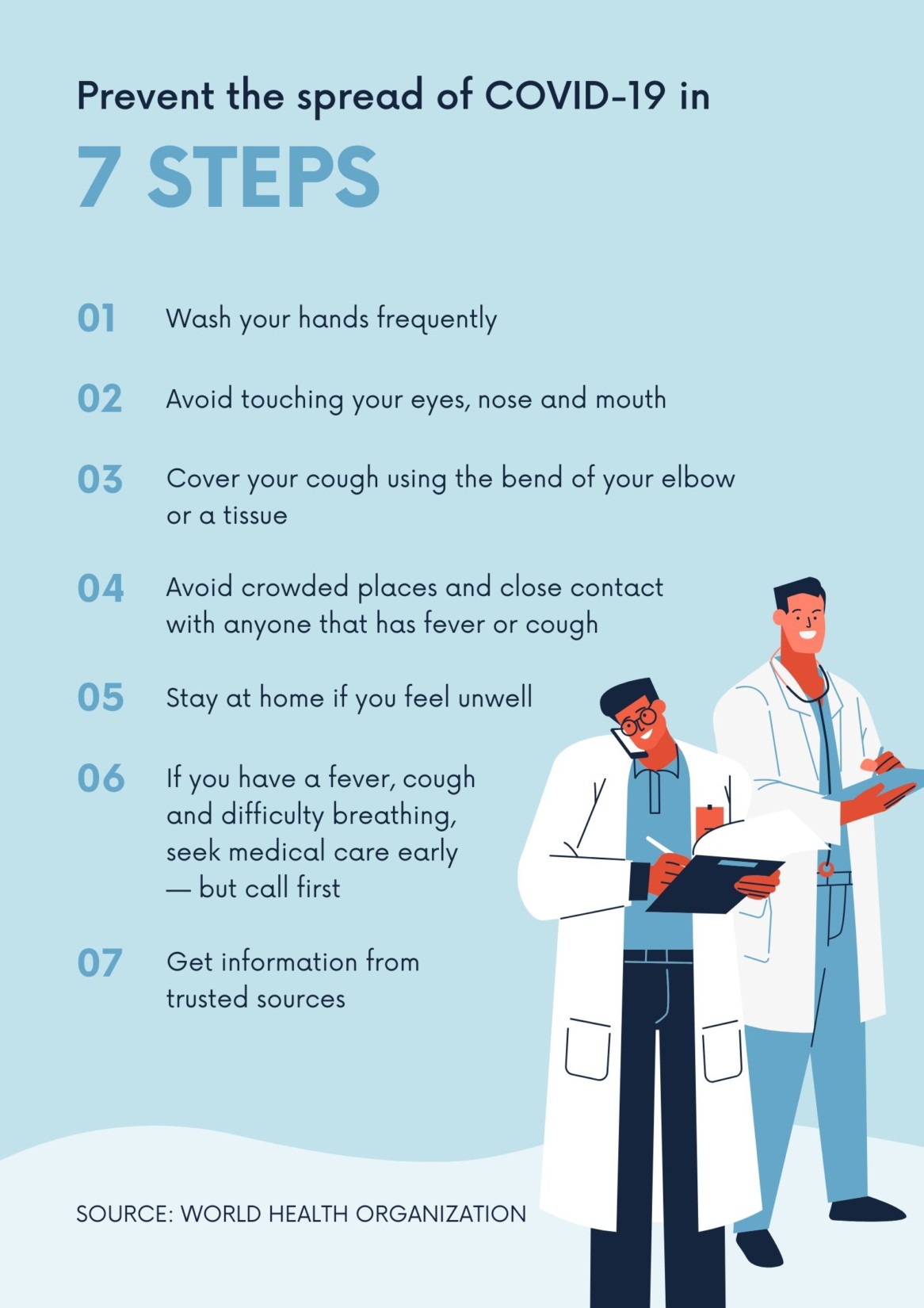
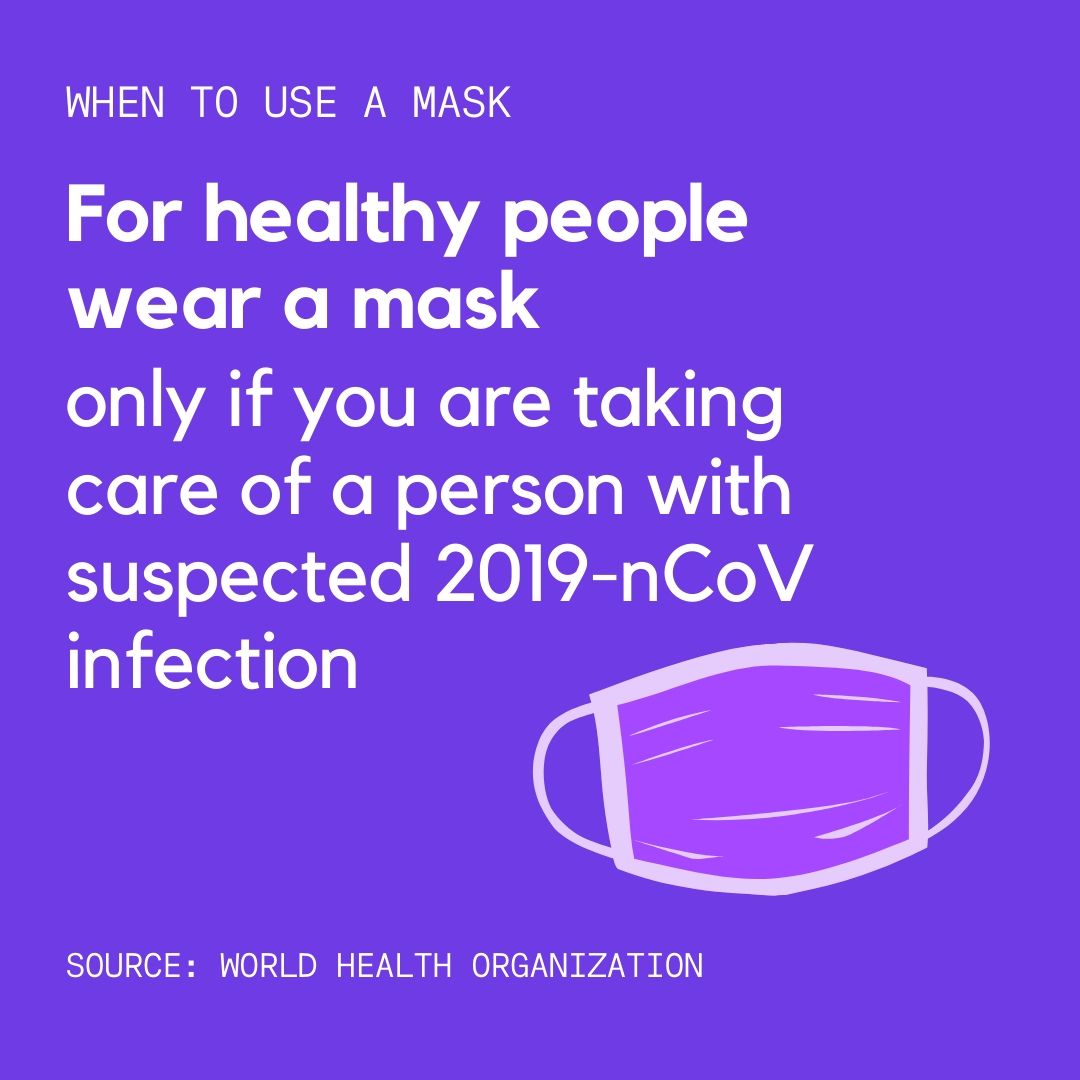
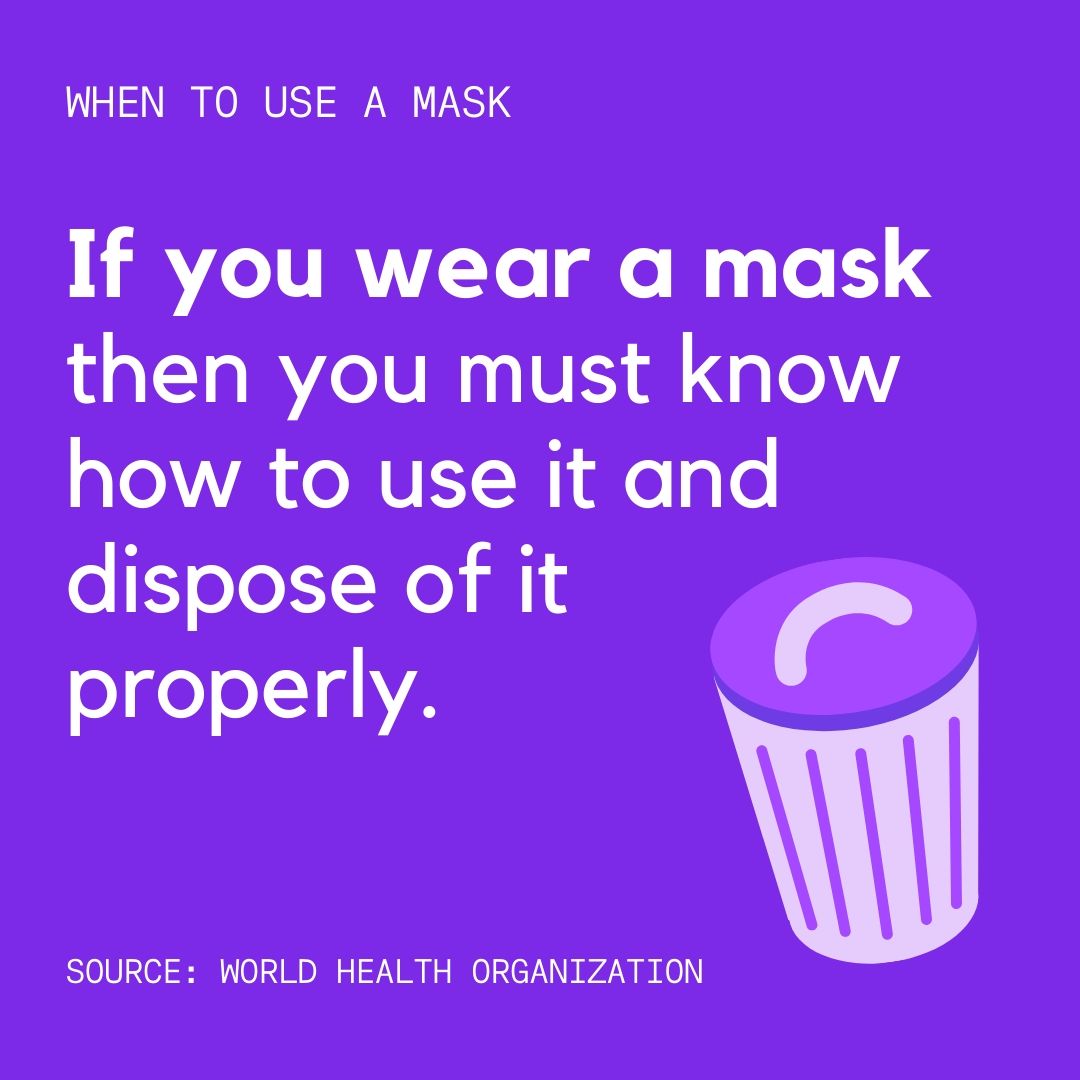


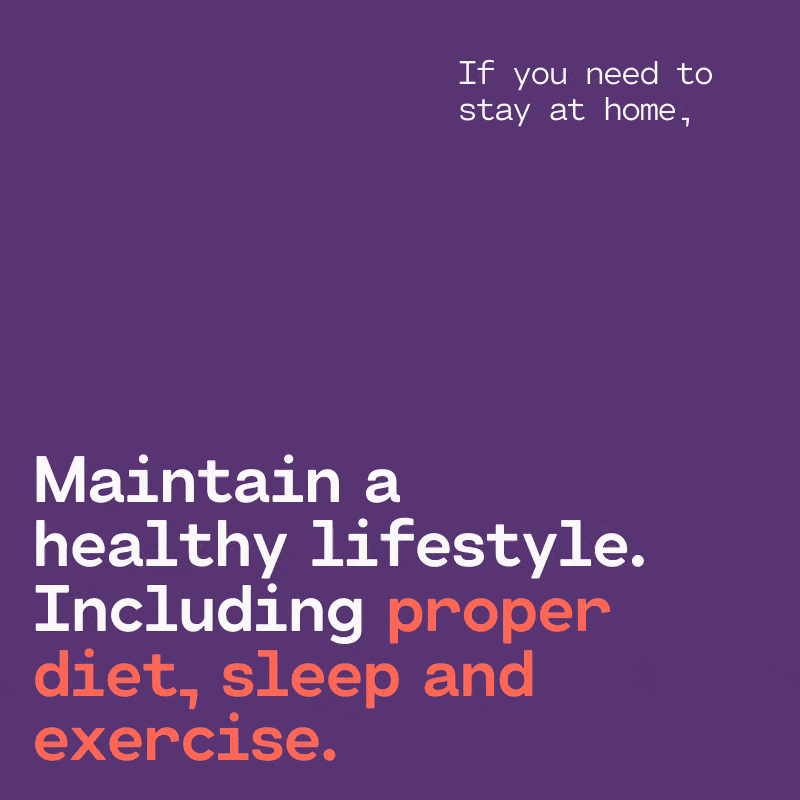
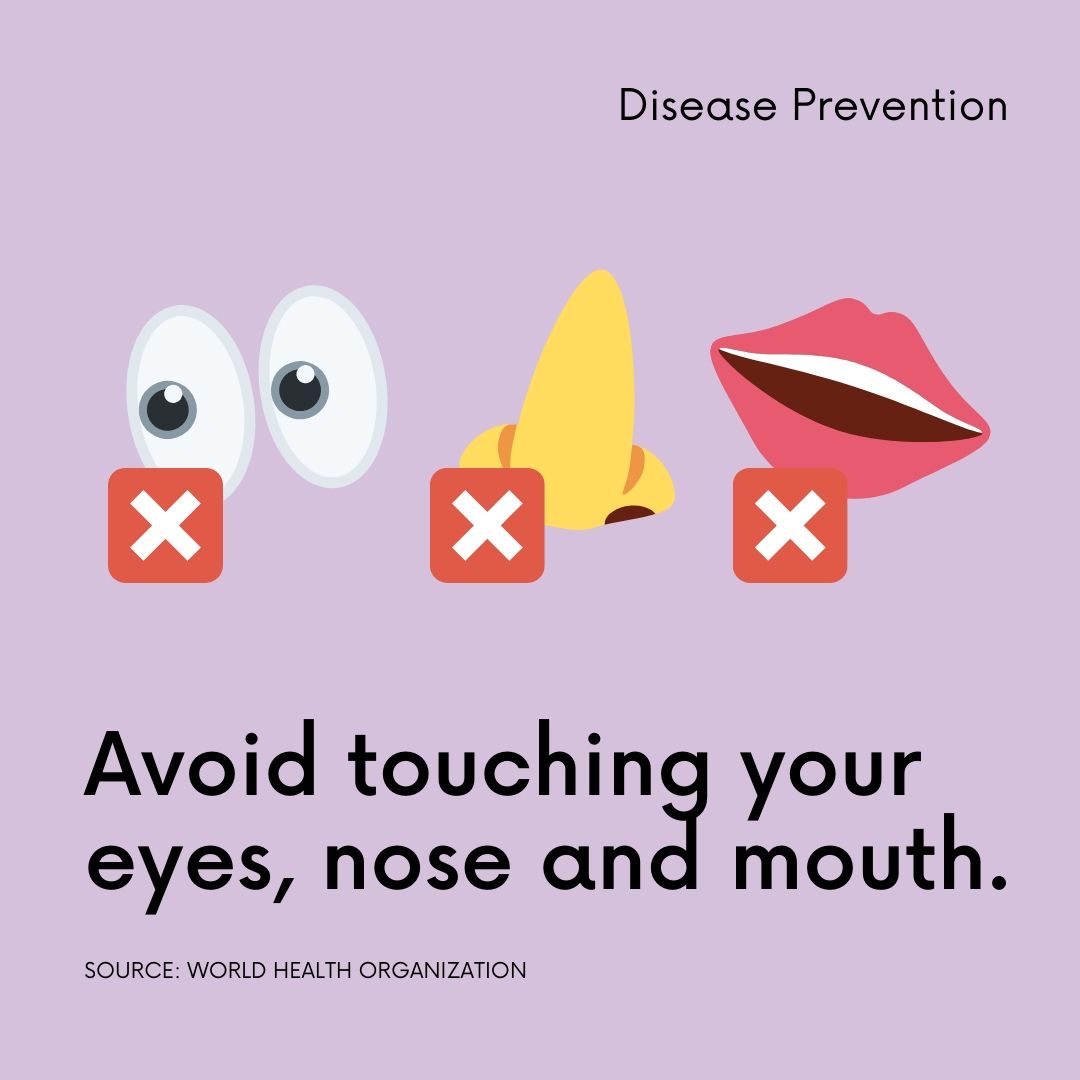
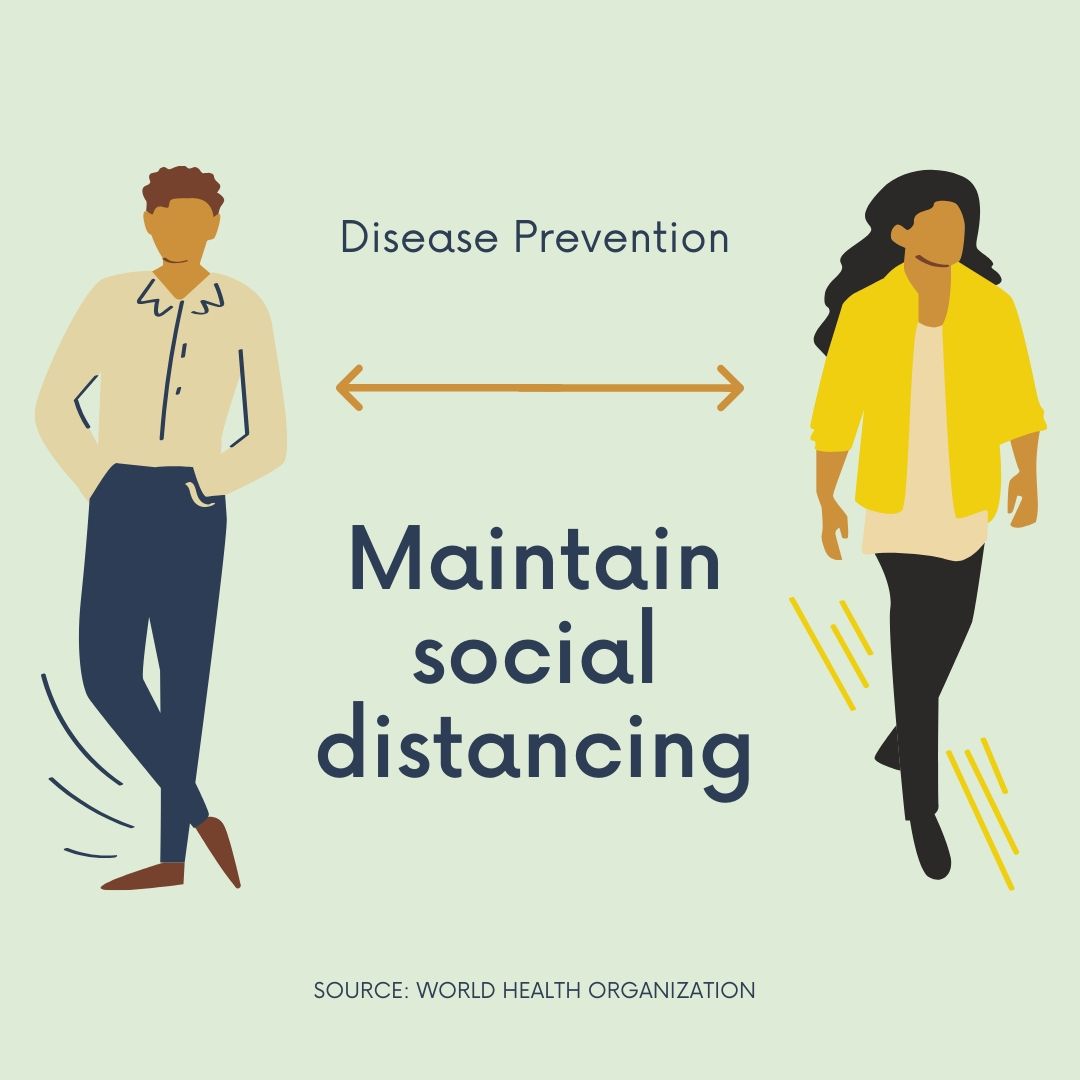






Social Media